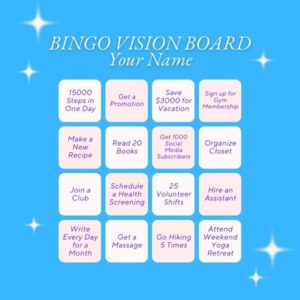Click here to listen to this post on Youtube.
One of my weaknesses and strengths is that I start out pretty slow when I’m learning new skills, but once I get some momentum, I pick up speed. I’ve had a number of hourly jobs, like working in a restaurant, for example, where I felt like the slowest worker at first, even among other new recruits, but after a little while, I started gaining momentum, figuring out ways to do things more efficiently, and eventually learning to work faster than others. Instead of learning linearly, I learn exponentially. Knowing this about myself is helpful. I used to get frustrated if it took me a long time to learn things, but now I realize that many people who are “quick learners” rush through the learning process. They learn what they need for that specific task at that specific time, but they don’t always retain the information. I take my time because I want to solidify the new skills. I don’t take the chance of new information pushing out the old but important stuff. I build my knowledge on a solid foundation of the basics.
This concept is similar to the snowball effect. It exists in other places in our lives, such as in investing our finances, getting in shape, and (unfortunately) developing a bacterial infection.
An exponential curve is helpful in demonstrating compounding growth, but our brains find it hard to grasp. But what if the ability to imagine exponential growth leads to more success?
What exactly is exponential growth? Without getting too heavy into the math, an exponential curve shows a line that starts out small- almost a horizontal line, and then picks up momentum, showing a rapid increase in growth as a near vertical line. The growth doesn’t just get added, it multiplies.
Financial advisors often use the “penny doubled” example. They ask “Would you rather have a million dollars, or a penny doubled every day for 30 days? (So that on day two, you have two pennies, day three you have four pennies, etc.) While our first instinct is to take the one million, if you were to choose option two, you would in fact, earn over five million dollars. It’s hard to wrap our brains around that, maybe because our prehistoric ancestors never had to deal with large numbers. In our current world though, we do, and thinking exponentially might be able to help us in more ways than just saving for retirement.

Starting new things is rarely easy. Taking baby steps toward reaching your fitness goals seems daunting. Learning computer software, or how to knit, or how to network at a business conference might seem like a slow, step-by-step process. Try visualizing your learning process as an exponential curve. Once you learn the first part, you keep that information and build on it, retaining not only that particular skill, but the skill of learning that kind of skill. In that way, it gets easier and easier the more you do it. Having a consistent pattern of practice is helpful, just like keeping your money in a high-interest account will allow it to grow more and more.
Signature
Thanks for reading!
Rebecca H. Lee
Visit my website at becksvoice.com!
Follow me on social media!
https://www.linkedin.com/in/rebecca-h-lee-audiobook-narrator
https://bsky.app/profile/beckcentric.bsky.social
https://www.youtube.com/@RebeccaHLee
https://www.instagram.com/beckcentric
https://www.facebook.com/beckcentric
https://www.tiktok.com/@rebecca



